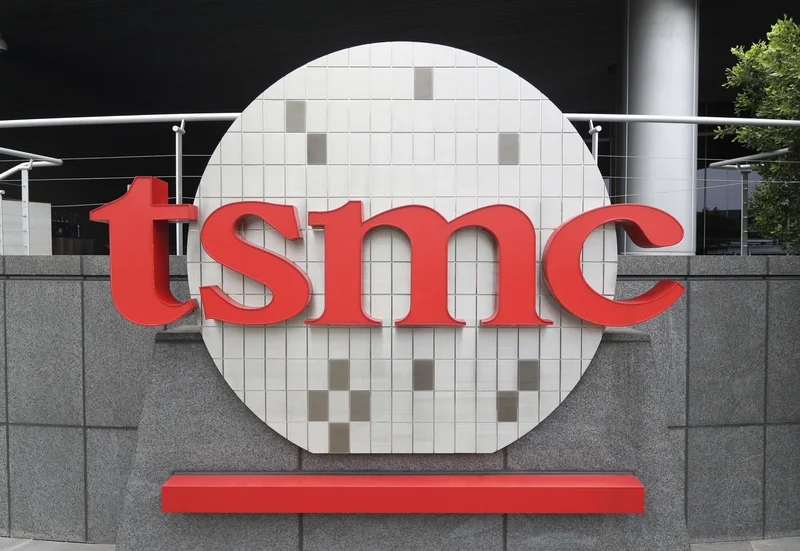XLM Insight | Stellar Lumens News, Price Trends & Guides
XLM Insight | Stellar Lumens News, Price Trends & Guides
You’ve seen it. We all have. That cold, sterile, digital dead-end: Access to this page has been denied. You’re not a hacker. You’re not a malicious bot. You’re just you, trying to read an article or find a piece of data, and suddenly a wall springs up, accusing your browser of being an "automation tool."
Most of us sigh, refresh the page, and move on. We see it as a nuisance, a glitch in the Matrix, a clumsy security measure getting in the way. But I want you to look at that page again. I mean, really look at it. Because I don't think it's a bug. I think it's a fossil. It's a relic from a dying era of the internet, and its very existence is one of the most exciting signposts we have for what’s coming next.
When I first started thinking about this, seeing that error not as a nuisance but as a prophecy, I honestly just sat back in my chair, a slow grin spreading across my face. This is the kind of friction that always, always precedes a massive leap forward. That error page isn't a wall; it's a starting gun.
Let’s be clear about why these digital gatekeepers exist. For two decades, the web has been fighting a low-grade war against dumb bots—mindless scrapers, spam crawlers, and denial-of-service attackers. The tools to fight them were equally blunt: check for cookies, make sure Javascript is running, and use CAPTCHAs to prove a human is at the wheel. The system’s goal was simple: to create a digital checkpoint that separates human from machine.
But what happens when that distinction starts to dissolve?
We’re entering an era where the most powerful tools we have are, by definition, "automation tools." We’re building and training sophisticated AI agents designed to be our proxies, our researchers, our assistants. These aren't just "bots" in the old sense of the word. They're becoming our digital emissaries—in simpler terms, think of them as extensions of our own curiosity, sent out into the web to learn, synthesize, and report back.
Imagine you ask your personal AI to compile a complete history of quantum computing, drawing from academic papers, news articles, and forum discussions. To do its job, that AI needs to browse the web with a speed and efficiency no human ever could. It needs to open a thousand tabs at once. It needs to be an "automation tool." And when it hits that "Access Denied" page, the system isn't blocking a malicious script. It's blocking your agent. It's blocking a new form of legitimate, human-directed inquiry.

The old web was built on the assumption that the user is a person with two hands and one set of eyes, clicking one link at a time. Is that assumption still valid? Or are we clinging to a model that is becoming obsolete right before our eyes?
This is where things get truly transformative. The friction we’re seeing is a signal that the very architecture of the internet is straining under the weight of a new intelligence. It’s like trying to run a modern supercomputer on the electrical grid of the 1920s; the wires are going to smoke.
This isn't just about faster browsing it's about a fundamental re-architecting of how we interface with information, where our AIs become genuine partners in discovery, and that shift is happening faster than these old security protocols can possibly adapt. We’re not just automating clicks; we’re automating cognition. And an internet built to keep machines out is fundamentally incompatible with a future where machines are our primary navigators.
This moment feels uncannily similar to the dawn of the printing press. Before Gutenberg, knowledge was controlled by a small class of scribes who manually copied texts. Information was scarce, and access was a privilege. The press was a disruptive "automation tool" that shattered that model, democratizing knowledge on a scale that was previously unimaginable. The old guard, I'm sure, saw it as a chaotic, dangerous force that devalued the craft of the scribe. They weren’t entirely wrong, but they were standing on the wrong side of history.
Today, those "Access Denied" pages are the modern scribes, trying to preserve an old order. They’re guarding the gates of a walled garden just as a flood of distributed, artificial consciousness is beginning to rise. I was scrolling through a forum on this topic the other day, and one user put it perfectly: "We're teaching AIs to think like us, so why are we still building a web that tries to lock them out?" It’s that kind of grassroots insight that tells you the tide is turning.
Of course, this shift comes with immense responsibility. As our AI agents become more autonomous, what does that mean for digital identity, for privacy, for the potential for misuse? These are not small questions. We need to build a new framework of trust for this symbiotic web. But the answer cannot be to build higher walls. The answer must be to design smarter gates.
That error page, with its sterile text and cryptic reference ID, is a beautiful mistake. It’s the last gasp of a paradigm that defined the first 30 years of the public internet—the era of the human-as-operator. We’re now stumbling into the next era: the human-as-director, with intelligent agents acting as our interface to a universe of information. Instead of being frustrated by that wall, we should be thrilled. It’s the clearest sign that we’re pushing the boundaries so hard, the old world is starting to crack. The future isn't about humans or machines browsing the web. It's about a seamless collaboration between them, and the internet is about to be reborn to accommodate it.